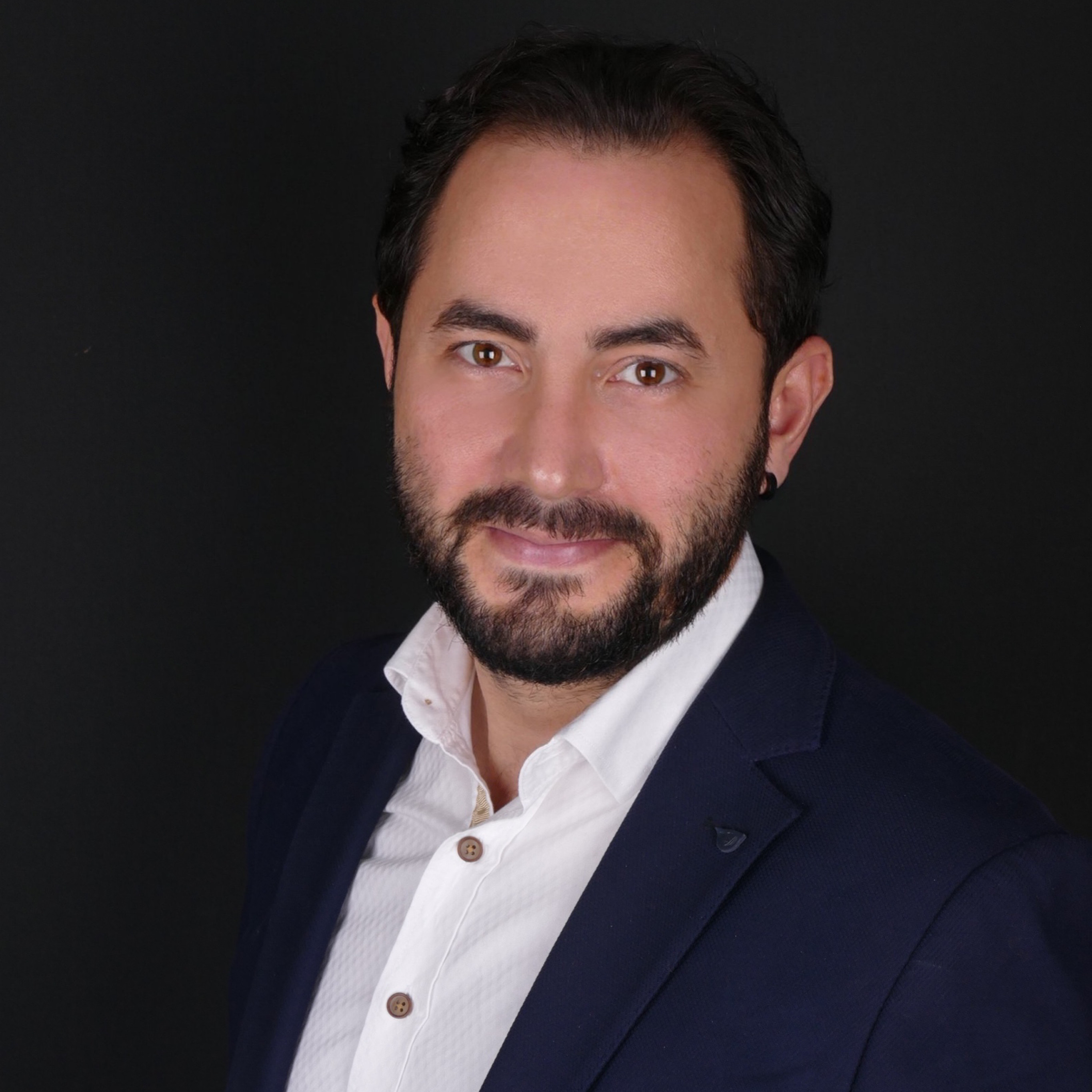
Quick Facts
Real Reviews
Most Related Review
All About Voice Masculinization Surgery
What is Voice Masculinization Surgery ?
Voice masculinization surgery is crucial to gender-affirming procedures, helping transgender individuals align their voices with their gender identity.
This article will explore the fundamentals of voice masculinization surgery, including its different types, purposes, preparation, procedure, recovery, associated risks, and valuable benefits.
Voice masculinization surgery is a surgical procedure designed to alter the pitch, resonance, and overall quality of a person's voice to make it sound more masculine.
This transformation is significant for transgender men and non-binary individuals who wish to achieve a voice that aligns with their gender identity.
Are There Different Types of Voice Masculinization Surgery?
Several techniques are used in voice masculinization surgery, each tailored to an individual's unique needs and goals.
Standard procedures include thyroplasty, vocal cord shortening, and cricothyroid approximation.
The choice of surgery depends on the patient's vocal characteristics and desired outcomes.
What is Voice Masculinization Therapy?
Before undergoing surgery, individuals often engage in voice masculinization therapy.
This therapy involves working with speech-language pathologists to learn techniques to help them speak more masculinely.
Therapy can be essential in achieving the best surgical outcomes.
How Do I Prepare for Voice Masculinization Surgery?
Proper preparation for voice masculinization surgery is essential.
Patients should undergo a comprehensive evaluation by a speech-language pathologist and an otolaryngologist to determine the most suitable surgical approach.
Pre-operative counseling and physical assessments are crucial steps in the preparation process.
· Consultation: Start by scheduling a consultation with a qualified surgeon specializing in voice masculinization surgery. You'll discuss your goals, expectations, and medical history during this consultation. They will assess your voice and determine whether you are suitable for the procedure.
· Voice Evaluation: You may need a voice evaluation by a speech therapist to understand your current vocal range and set appropriate surgery goals. This evaluation will help you and the surgeon determine the desired pitch and resonance changes.
· Mental and Physical Health: Ensure you have good mental and physical health. Surgeons may have specific criteria regarding health and eligibility for the surgery. Follow any pre-operative instructions provided by your surgeon.
· Quit Smoking: If you smoke, it's advisable to quit before the surgery, as smoking can hinder healing.
· Prepare for Recovery: Plan for the post-operative recovery period. You may need time off work or other commitments, so ensure you have a support system.
What Happens During Voice Masculinization Surgery?
During the surgery, the specific procedure chosen will be carried out to alter the vocal cords, larynx, or other related structures.
The surgeon will make precise incisions and adjustments to achieve the desired pitch and resonance.
The procedure is typically performed under general anesthesia and may take a few hours.
· Anesthesia: The surgery is typically performed under general anesthesia so you will fall asleep.
· Surgical Techniques: There are various surgical techniques used for voice masculinization surgery, including thyroplasty, cricothyroid approximation, or glottoplasty. The surgeon will choose the method that best suits your individual needs.
· Adjusting the Vocal Folds: The surgeon will adjust your vocal folds (cords) to lower the pitch and create a more masculine resonance. The specific techniques and modifications vary based on the chosen surgical method.
· Duration: The surgery typically takes a few hours, but the exact duration may vary depending on the complexity of the procedure.
What Happens After Voice Masculinization Surgery?
After surgery, patients will undergo a period of recovery and rehabilitation.
It is essential to follow post-operative care instructions, which may include voice rest and speech therapy.
Recovery times vary, but gradual improvements in voice quality can be expected over several months.
· Hospital Stay: In most cases, voice masculinization surgery is outpatient, and you can usually return home the same day.
· Recovery Time: Expect a recovery period of several weeks. During this time, you may experience discomfort, swelling, and changes in your voice.
· Follow Instructions: Follow your surgeon's post-operative instructions carefully. This may include restrictions on speaking, dietary guidelines, and wound care.
· Speech Therapy: You may need speech therapy after surgery to help you adapt to your new voice and learn how to use it effectively.
· Voice Changes: Your voice will likely be hoarse and may sound different initially. It will take time for your voice to heal and settle into a more masculine tone.
· Long-Term Care: Continue working with a speech therapist and follow up with your surgeon to monitor your progress and ensure the best possible outcomes.
What Are the Risks of Voice Masculinization Surgery?
Like any surgical procedure, voice masculinization surgery carries some risks.
These may include infection, scarring, vocal quality changes, and potential anesthesia-related complications.
However, these risks can be minimized with proper pre-operative assessment and post-operative care.
What Are the Benefits of Voice Masculinization Surgery?
Voice masculinization surgery offers numerous benefits, such as reduced gender dysphoria, improved mental well-being, increased self-confidence, and enhanced social and professional opportunities.
It is a crucial component of a comprehensive gender-affirming journey, helping individuals live more authentically.
Written on 14/09/2023
-
Last Update: 14/09/2023

 Ask a Doctor
Ask a Doctor




 Satisfied
Satisfied
